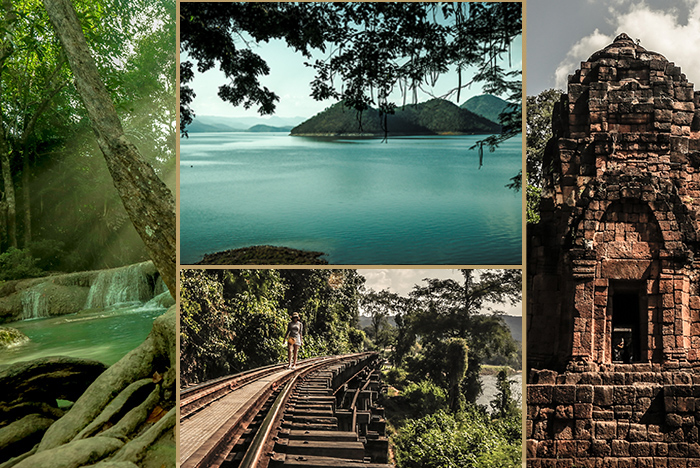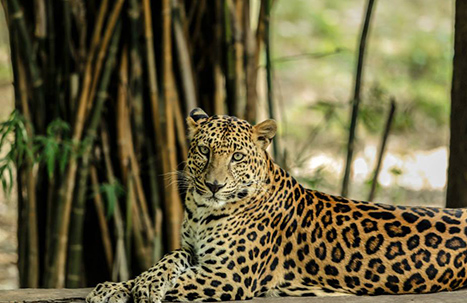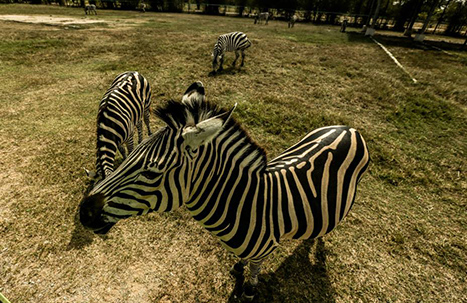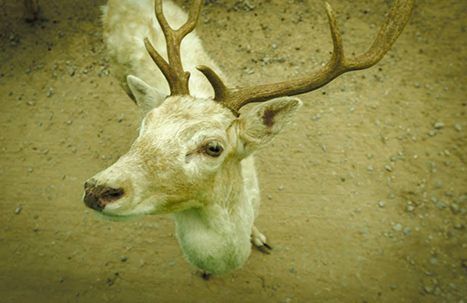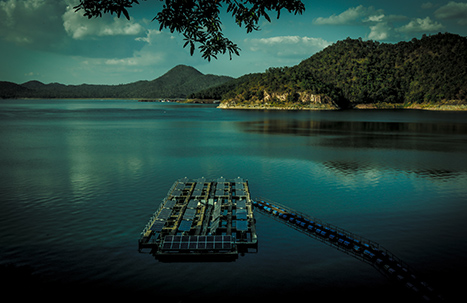Activities

Muang Singh Historical Park

Muang Singh Historical Park is surrounded by limestone hills on the bank of the Kwae Noi. The ancient city is almost square-shaped with moats, ramparts and laterite city walls. The wall is 880 meters long with gates on all four sides. There is an embankment of earth on each of the other inner sides of the wall; the outer sides are enclosed with seven moats and ramparts. These moats and ramparts were probably constructed for the water control system as well as for fortification. There are also six ponds in the ancient city, which were possibly used in the past. The castle architecture and sculptures are similar to those in the era of King Jayavarman VII (1177-1237) of Khmer. During the repair, fine art departments had found many significant art pieces that are similar to the ones in Cambodia. These statues are now kept in Bangkok National Museum. Reproductions of the statues are displayed at the castle.


Death Railway

The Death Railway was constructed during World War II as a route from Burma to invade India. Many allied prisoners of war died during its construction and the line became known as the ‘Death Railway’. It is 415 kilometers in distance
with 37 stops from Nong Pladuk station, Amphur Baanpong, Ratchaburi to the destination at Thanbyuzayat in Burma.
Nowadays, the Death Railway is opened for visitors. The most popular point is the River Kwai Bridge and Krasae Cave. The train stops at Krasae Cave at 1.30 pm. The tourists can travel in advance in order to be on time to see the
picture of the train arriving at this station.


-
Krasae Cave

Krasae Cave is located approximately 55 kilometres from the town along the surviving remnants of the Death Railway overlooking Kwai Noi River near Wang Pho Railway Station. Allied prisoners of war once lived in Krasae Cave during the construction of the Death Railway. The cave being at the highest point of the cliff resulted in many tragic deaths as they suffered from extreme harsh living conditions and starvation. Inside the cave resides a Buddha image and is regarded as a sacred place to worship along the locals.
-



Erawan National Park

Erawan National Park was founded in 1975 as Thailands 12th National Park. The park consist of forest and limestone hills with numbers of plains. The major attraction is the Erawan Waterfall. There are seven levels with a sapphire green pound in each plain. The top tier of the waterfall is said to resemble the three-headed elephant of Hindu Mythology, hence the name ‘Erawan’ Waterfall. Wildlife watching possibilities are limited although deeper in to the forest some more excited animals and birds can be found. The park is opened to visitors all year around.


SAI YOK NOI WATERFALL
Sai Yok Noi is one of many famous waterfalls in Kanchanaburi. It is situated on the main road number 323 away from Kanchanaburi down town for around 65 kilometers. From the parking lots, there is a walkway for waterfall sightseeing up to the waterfall’s 7th level. The water flows from top of the mountain down to smaller waterways and finally drops at the 15 metres limestone crag. Surrounded with lush tropical trees together with the breeze, Sai Yok Noi Waterfall is truly mesmerizing.


SAFARI PARK

The Safari Park is a zoo-like attraction where visitors can ride in the vehicles provided by the park to observe animals such camels, tigers, lions, bears, elephants, deers, zebras, llamas, ostriches, flamingos and giraffes. This zoo is said to be the only place in the world where you can clasp affectionately around the giraffe neck .The up-close-and-personal encounters with the giraffes as well as with the equally friendly zebras, make a great outing day.



SRINAKARIN DAM
Srinakarin Dam is the first multipurpose dam of Maeklong Basin Development Project. It was built on Kwae Yai River in Srisawat District. The main purpose of the dam is for river regulation and hydroelectric power generation. The lake created by the dam has a breathtaking view with surrounding mountains. It is also an excellent spot of fishing and has become one of the most important attraction sites in Kanchanaburi Province.


